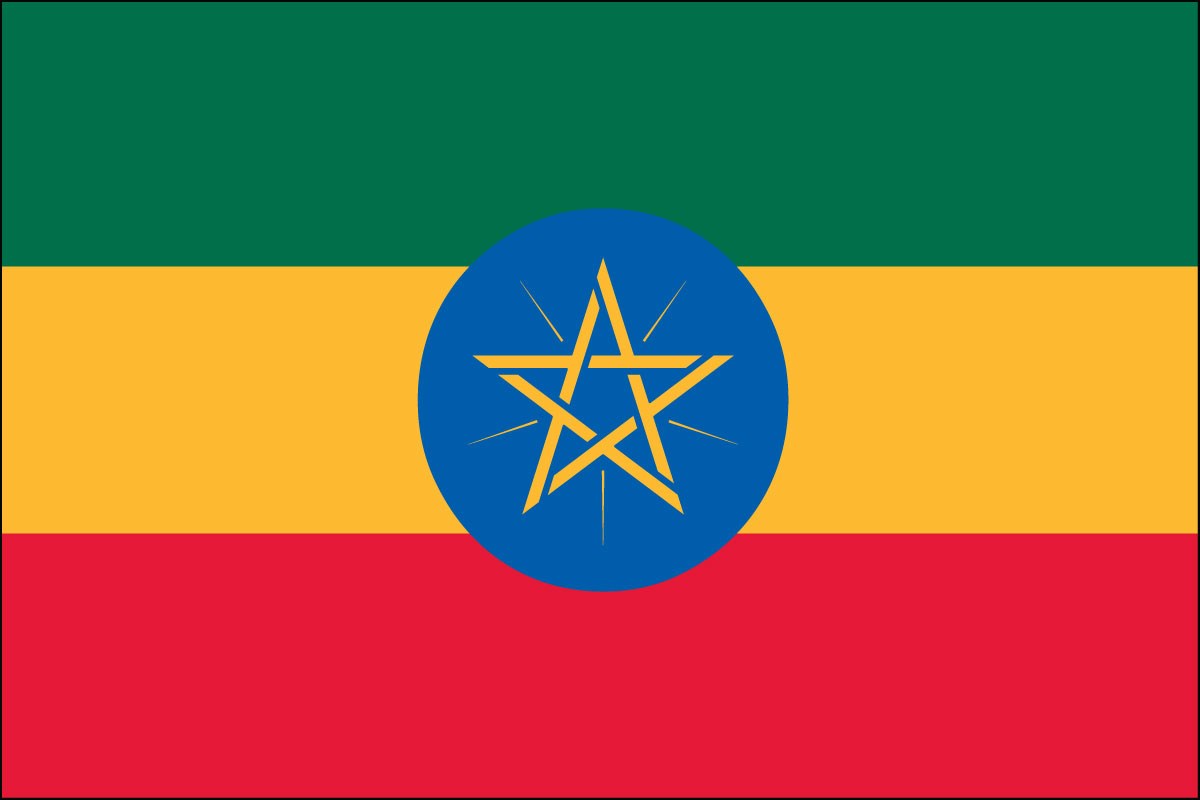Across Ethiopia, peasants have been dispossessed from their land to enable industrial expansion, but the promised benefits to local livelihoods have failed to materialise. Yonas Tesema draws on fieldwork to outline the impacts of the country’s top-down development approaches and the importance of empowering community voices.
Drawing upon the developmental state model of the Asian Tiger economies, the Ethiopian government has attempted to liberalise the country’s economy by opening different investment sectors to international companies. As a result, large-scale commercial agriculture and booming industrial parks across the country are the leading foreign investment projects, mainly led by Asian companies in China, India and South Korea (and Turkey). These have been helped by relative political stability in recent years (prior to events in Tigray) and a conducive industrial policy that includes labour-intensive export-oriented manufacturing policy, tax holidays and investment incentives. Ethiopia’s labour costs are also cheap compared to those rising in Asia.
My research has examined losses incurred by peasants living in the area around a new industrial park outside the Ethiopian capital, Addis Ababa. Procedurally, the local community, as with all planned development projects, should be consulted and consent should be granted from the very beginning. However, the reality on the ground is far from procedural. In 2011-12, the peasants were told to accept low compensation fees and to leave their land for development purposes. They did not have the right to bargain and to say no to the dispossession. Instead, state officials told them about the industrial park and assured them their lives would improve. Due to illiteracy and a lack of formal education, the peasants are said to be easily deceived and manipulated by officials. ‘We are illiterate; we trusted them [state officials] that our life would improve,’ said one of my informants.
During this period, the peasants were told that the development project would benefit them by creating job opportunities, including for their children. Ten years after the dispossession, the prospect of better lives
seems remote with few jobs and a reality of destitution. ‘Our life starts to go down since the day of the dispossession,’ says one person. To get a job opportunity in the factories in the industrial park, one needs to be on average between 18 to 30 years old and have at least completed 5th grade in school. New jobs have been more often taken by young girls from rural areas who moved to the city for work, and by university graduates. By September 2021, for instance, 18,424 people had jobs in Bole Lemi Industrial Park in the outskirts of Addis Ababa, of which 64 individuals were employed from the 1,450 people dispossessed from the land.
Before the dispossession, the peasants produced surplus agricultural production to cover their costs. After the dispossession, they become surplus to the requirements of capital itself, with only their land necessary for capital development, enabled by the state. These can be summarised by what I call the ‘three nos’ – no land, no job and no hope. In Loïc Wacquant’s terms, the poor is being punished.
Despite the present government’s mantra of ‘prosperity’, enabled by international companies and the expansion of transnational industrial parks, dispossessed local communities live in poverty. It begs the question, who is such prosperity for? While foreign companies focus on profit incentives, the state outwardly prioritises foreign currency earnings and job creation – but jobs for who? Without education, peasants whose land has been dispossessed should be empowered to fit into the new economies of industrial production. Bottom-up views from local communities should accompany the state’s top-down development approaches.
blog cuk
